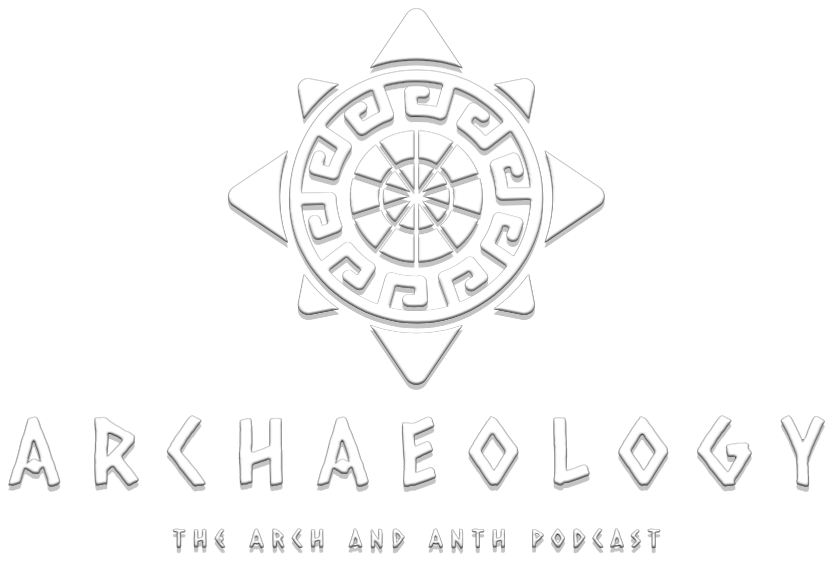Episode 140: Exploring Macaque Social Structures and Disease Ecology
The intricate dance between ecology, social behavior, and disease dynamics in macaques offers a fascinating window into the interconnections of the natural world and human influence. Dr. Krishna Balasubramaniam’s research at UC Davis delves into these relationships, shedding light on how ecological and anthropogenic factors shape the social structures and health of these primates.
Understanding Behavioral Ecology

The Essence of Behavioral Ecology
Behavioral ecology examines the evolutionary basis for animal behavior due to ecological pressures. For macaques, this means understanding how their social interactions and structures are influenced by the environment and human activity.
Why It Matters
Exploring behavioral ecology provides insights into the adaptive strategies animals use to survive and reproduce in diverse environments. It’s particularly intriguing for biological anthropologists who study the social evolution and health dynamics of primates like macaques.
The Forces Shaping Macaque Societies
Ecological Influences
Natural habitats, availability of resources, and predation risks are key ecological factors that determine the social organization and behaviors of macaque populations.
Anthropogenic Impacts
Human activities, including urbanization, agriculture, and tourism, significantly affect macaque social structures by altering their habitats and interactions with humans.
Social Networks and Disease Transmission

Group Living and Pathogen Sharing
The social dynamics within macaque groups play a crucial role in the transmission of infectious diseases and gut microbes. Closely related individuals and those with strong social bonds may share pathogens more frequently.
Analyzing Macaque Sociality and Health
Primatologists employ various methods to collect and analyze data on macaque social networks and health, including observational studies, microbiological sampling, and genetic analyses.
Human-Wildlife Interactions in Urban Settings
The Urban Interface
Dr. Balasubramaniam’s research highlights the complex interactions between macaques and humans in urban and peri-urban areas, focusing on how these relationships influence both primate behavior and disease ecology.
Assessing Human Attitudes and Conservation
Understanding local communities’ attitudes and experiences with macaques is vital for developing effective conservation strategies and policies to manage human-primate conflicts.
Challenges and Future Directions

Navigating Research Obstacles
Studying macaques in both wild and captive settings presents unique challenges, from ensuring ethical research practices to addressing the logistical difficulties of fieldwork in urban environments.
The Path Ahead
Dr. Balasubramaniam aims to expand his research to further explore the nuances of macaque sociality, health, and conservation in the face of continuing environmental and societal changes.
Bridging Science and Conservation
The work of Dr. Krishna Balasubramaniam embodies the critical intersection of scientific inquiry and conservation efforts. By unraveling the complex factors influencing macaque societies, his research offers valuable insights into primate adaptation, health, and the broader implications for biodiversity and human-wildlife coexistence.
